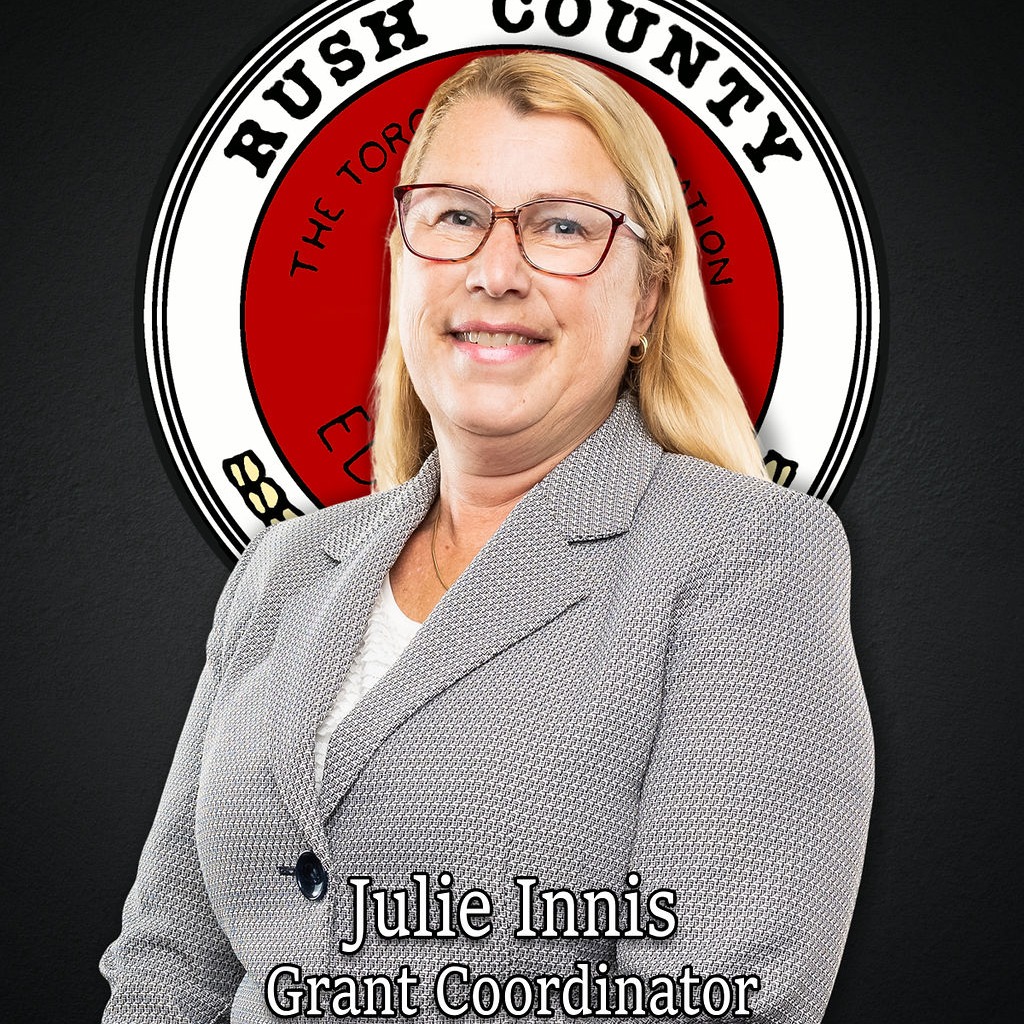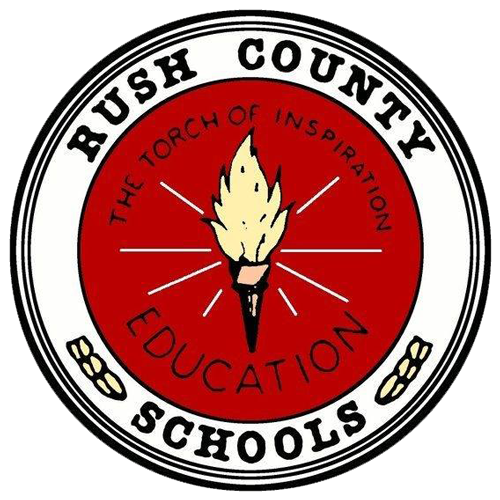District Grant Coordinator

Title I, Part A - Elementary Schools
Title I, Part A (Title I) of the Elementary and Secondary Education Act, as amended (ESEA) provides financial assistance to local educational agencies (LEAs) and schools with high numbers or high percentages of children from low-income families to help ensure that all children meet challenging state academic standards. The Every Student Succeeds Act (ESSA) was signed into law in December 2015 as an update to the Elementary and Secondary Education Act of 1965. ESSA replaces the previous update to the law, the No Child Left Behind Act (NCLB).
The mission of Title I is to provide a continuum of services and resources to Title I districts and charter schools that enrich curriculum and instruction, promote interaction and coordination of supplementary services and resources and result in excellence and high expectations for educators and students. Through collective efforts, we endeavor to increase accountability for all participants in the educational process; enhance cooperation between school and home; provide educators in Title I schools with greater autonomy for shared decision-making; and most importantly, promote increased educational performance of students attending Title I schools.
Parents play a crucial role in the Title I program, and they have specific rights and opportunities for involvement. The law mandates that schools receiving Title I funds must provide parents with meaningful opportunities to participate in their child's education. This involvement can take various forms, including attending parent-teacher conferences, participating in school planning committees, and receiving regular updates on their child's progress. Title I emphasizes the importance of creating a partnership between educators and parents, recognizing the shared goal of nurturing a supportive learning environment for every student.
Title I strives to improve student achievement, enhance teacher effectiveness, and foster a positive school climate. By targeting resources where they are most needed, Title I aims to close the achievement gap and create equal opportunities for all students, regardless of their economic background.
Title II Part A
The purpose of Title II, Part A is to increase the academic achievement of all students by helping schools and districts improve teacher and principal quality and effectiveness. Through this federal program, State and Local Education Agencies (SEAs and LEAs) and State agencies for higher education (SAHEs) receive funds on a formula basis. Eligible partnerships consisting of high-need LEAs and institutions of higher education receive funds that are competitively awarded by the SAHE.
In exchange, agencies that receive funds are held accountable to the public for improvements in student academic achievement. Title II, Part A provides these agencies with the flexibility to use these funds creatively to address challenges to teacher quality and effectiveness, whether they concern teacher preparation and the qualifications of new teachers, recruitment and hiring, induction, targeted and embedded professional development, teacher retention, or the need for more capable principals and assistant principals to serve as effective school leaders.
Title III
Title III of the Elementary and Secondary Education Act (ESEA), also known as the Language Instruction for English Learners and Immigrant Students Act, aims to help English learners (ELs) and immigrant students attain English language proficiency and meet challenging state academic standards. It provides federal funding to states and local educational agencies to support programs and services for these students. Title III funds support programs designed to help ELs develop English language proficiency, including listening, speaking, reading, and writing skills
Title IV
Title IV, Part A is a federal funding source broken up into three main focus areas under the Every Student Succeeds Act (ESSA). The three focus areas of Title IV are intended to: (A) support a well-rounded education by incorporating advanced classes, fine arts, foreign languages, STEAM, and other innovative programming; (B) create safe and healthy schools through the utilization of social-emotional learning and healthy lifestyle habits; (C) effectively utilize technology through properly preparing staff as well as provide high-quality digital learning experiences for underserved students. Title IV funds are available to all traditional public school districts and charter schools that receive Title I funding and equitable services for nonpublic schools.
Waiver 4: Increased flexibility in Title IV spending requirements if receiving over $30,000
The Ed-Flex Waiver is a program through the U.S. Department of Education Elementary and Secondary Education Act (ESEA) that grants states the authority to waive certain education requirements that may prevent local schools from improving education.
Waivers can improve learning for all students by:
Advancing the corporation/school goals and programs
Providing classroom support, small group instruction, and tutoring
Creating safe and healthy learning environments
Developing and hiring qualified staff
A school corporation that receives at least $30,000 in Title IV funds must conduct a comprehensive needs assessment that includes, at a minimum, a focus on the three content areas. Based on the results of that assessment, the corporation must use:
At least 20 percent of funds for activities to support well-rounded educational opportunities (ESEA section 4107);
At least 20 percent of funds for activities to support safe and healthy students (ESEA section 4108); and
A portion of funds for activities to support effective use of technology (ESEA section 4109).
The Ed-Flex waiver allows Rush County Schools to allocate Title IV funds without adhering to the 20% spending requirements for well-rounded education and safe and healthy schools. Title IV funds can be allocated to best achieve the corporation and school goals and implement action plans for well-rounded education and safe and healthy schools without the limitations of the funding source.
High Ability Grant
The K-12 High Ability Program Grant is designed to support eligible entities in establishing or maintaining high-ability programs in accordance with IC 20-36-2-2, to provide the following:
Identification measures;
Differentiated curriculum and instruction;
Professional development;
Affective curriculum; and
Program development.
Funded through appropriations by the Indiana General Assembly, this grant aligns with the mission of Indiana’s dedication to providing students in public and charter schools identified as high ability with engaging, accelerated learning experiences that prepare them for emerging careers and educational opportunities. Eligible entities must present evidence within the grant application in which high-ability programming options are provided for all K-12 students.
Special Education Grant
Special education grants provide financial assistance to schools to support students with disabilities. These grants, primarily funded through the Individuals with Disabilities Education Act (IDEA), help schools ensure a "free appropriate public education" (FAPE) for students with disabilities, as mandated by law. The grants fund various aspects of special education, including personnel, services, and resources.
School Safety Grant
The Indiana Secured School Safety Grant (SSSG) program was created in 2013 and codified by Indiana Code 10-21. The legislation was established to increase the safety of Indiana schools. The SSSG program is a dedicated state fund that provides matching grants to school corporations, accredited non-public schools, charter schools, and coalitions of school corporations. The primary usage for these funds is to employ School Resource Officers as well as purchase equipment or upgrades related to school safety.

